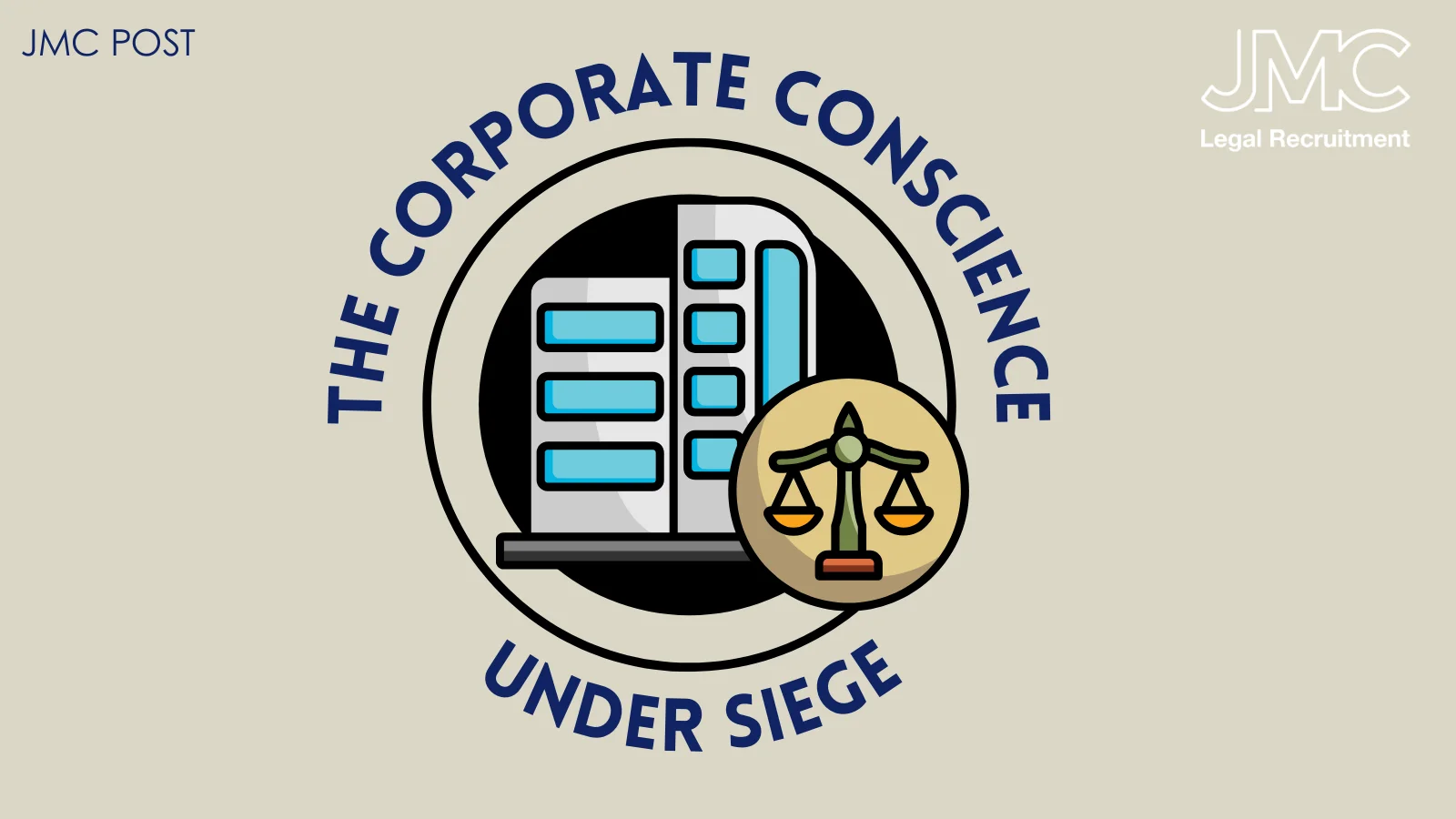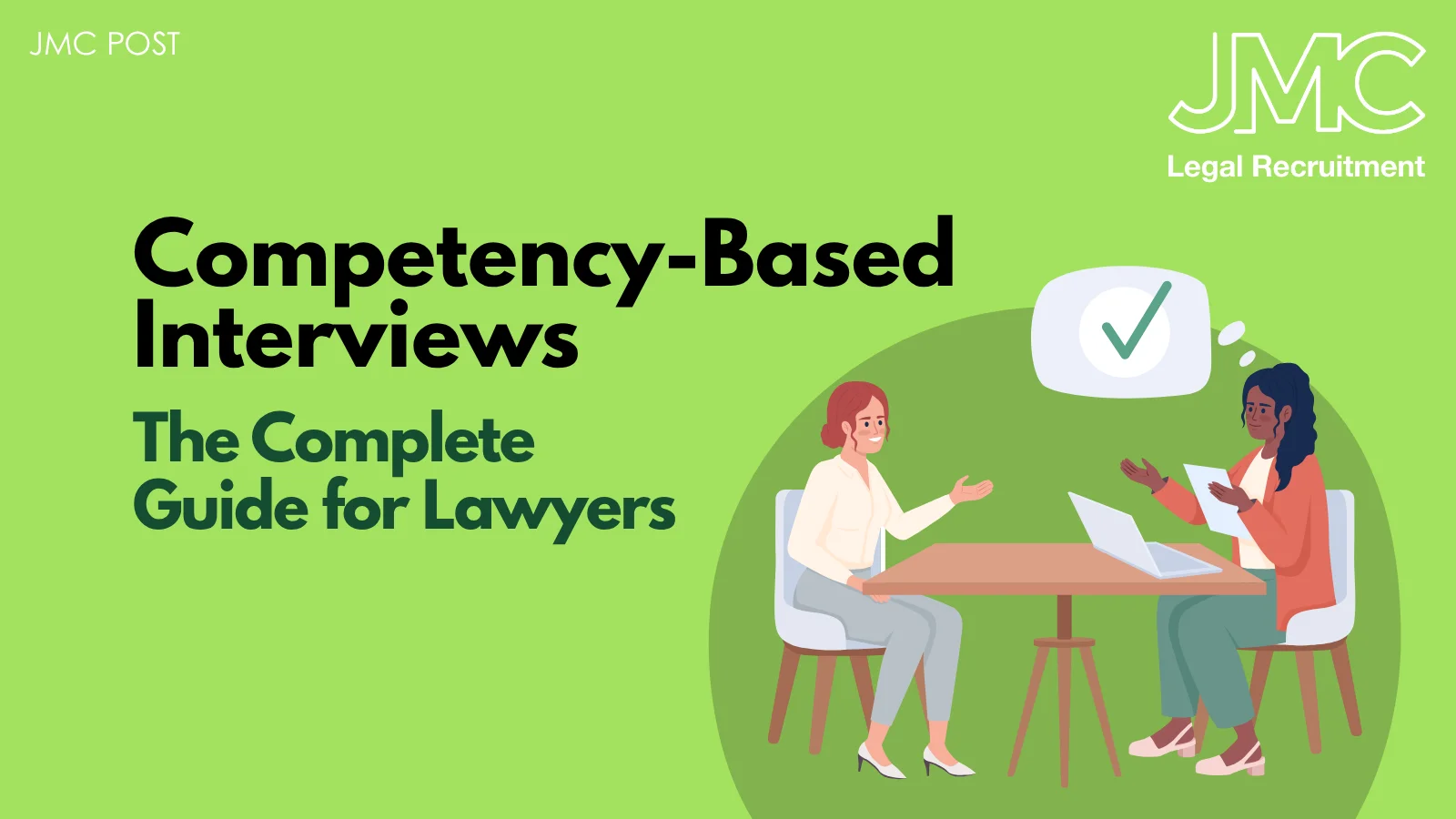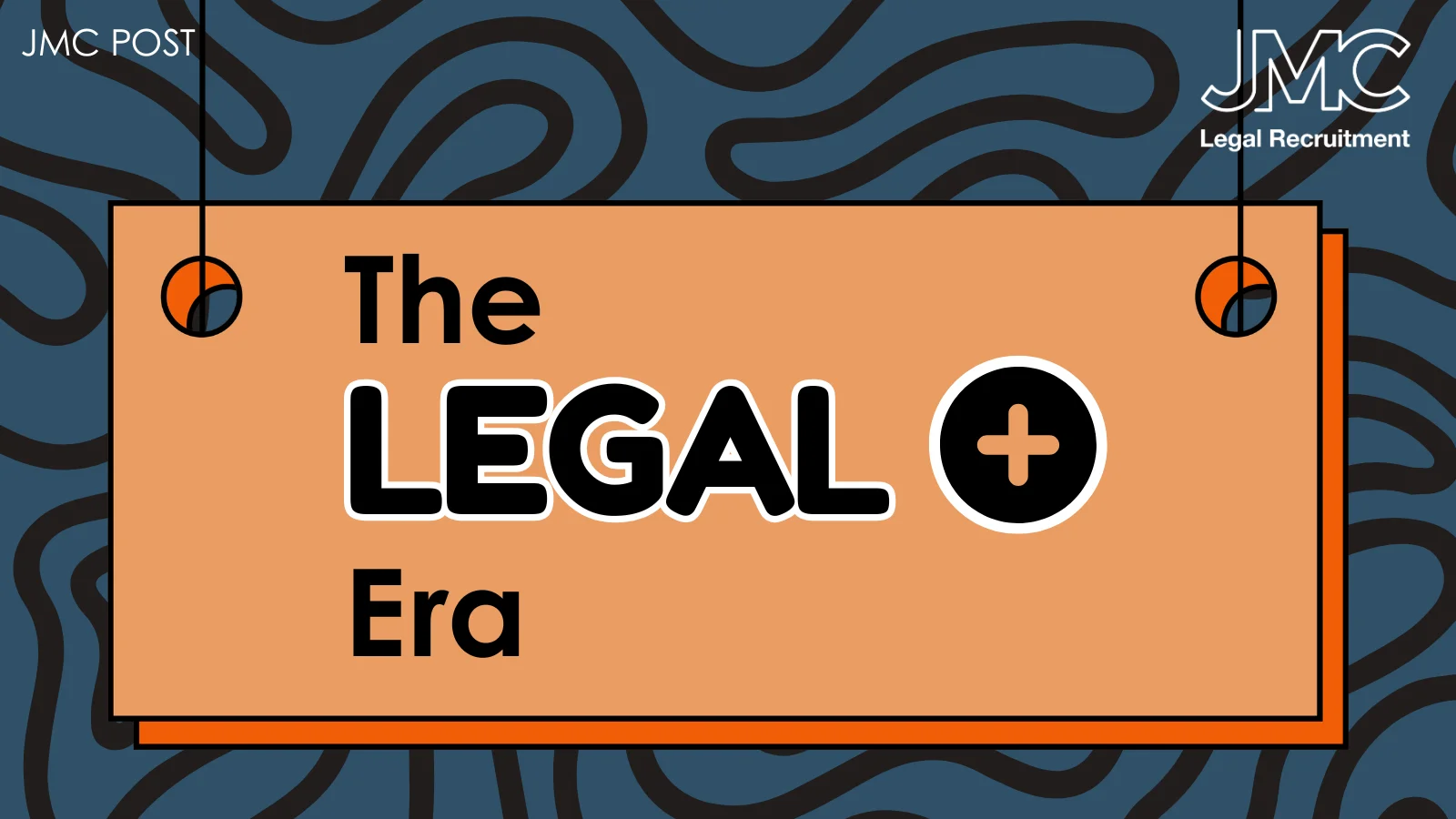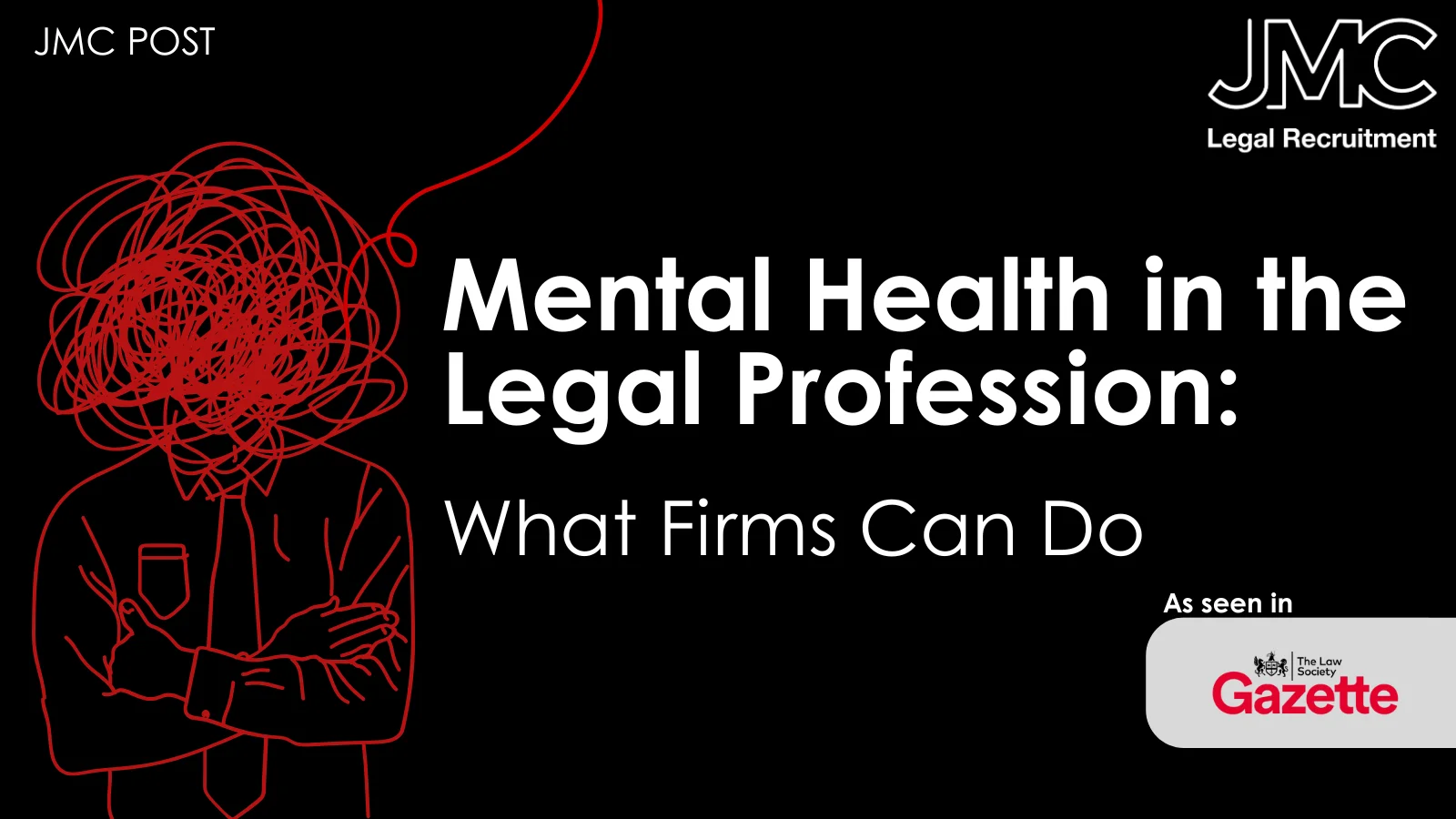
Competency Based Interviews
22 Oct, 20256 minutes
Competency-Based Interviews
The Ultimate Guide for Lawyers (With Examples & STAR Method Tips)
What Is a Competency-Based Interview?
A competency-based interview is a structured style of questioning where employers assess your past behaviour to predict future performance. Each question is designed to uncover how you’ve demonstrated specific skills such as teamwork, leadership, or problem-solving, in real situations.
Law firms use competency-based interviews because research shows that how you’ve acted in the past is the best indicator of how you’ll perform in the future.
Why law firms use competency-based interviews
For years, legal recruitment focused heavily on academics and PQE. That’s changing fast.
Modern firms now assess behavioural evidence: how you think, react, collaborate, and deliver results under pressure.
Many law firms, particularly the Magic Circle and Legal 500, structure their competency frameworks around the SRA Statement of Solicitor Competence, focusing on:
- Commercial awareness and client focus
- Ethical judgment and integrity
- Collaboration and leadership
- Effective communication
- Drive and resilience
A strong interview performance shows not only what you know, but how you apply it in practice.
How to prepare for competency-based questions
The best preparation combines reflection and structure:
- Review the job description and note which competencies it highlights.
- Choose 5–6 examples from your career that demonstrate these.
- Focus on your individual contribution, not the team’s.
- Use clear, measurable outcomes.
The STAR Method
The STAR Method is the gold standard for answering competency questions. It keeps your answers focused, concise, and memorable.
Situation: Set the scene and give relevant context.
Task: Explain the goal or challenge you faced.
Action: Describe the specific steps you took.
Result: Share the outcome and what you learned.
Example STAR answer:
Situation: I was handling a high-value commercial dispute with multiple stakeholders.
Task: The client was concerned about rising costs and delays.
Action: I implemented a weekly update process and liaised directly with counsel to streamline instructions.
Result: The case stayed within budget, settled favourably, and improved client satisfaction scores by 25%.
Common Legal Competencies (With Example Questions)
1. Commercial awareness
What it tests: Understanding of client business and context.
Example question: “Tell me about a time you identified a commercial risk in a transaction.”
How to answer: Link to a real client situation, explain your reasoning and the business impact of your decision-making.
2. Integrity and ethics
What it tests: Judgment and professionalism under pressure.
Example question: “Describe a time you faced an ethical dilemma at work.”
How to answer: Show how your actions aligned with SRA values and maintained client trust.
3. Resilience
What it tests: Your ability to handle stress, setbacks, and unexpected challenges.
Example question: “Tell me about a case that didn’t go to plan.”
How to answer: Focus on what you learned, how you recovered, and how you applied those lessons moving forward.
4. Collaboration
What it tests: Teamwork across departments or practice areas.
Example question: “Give an example of working with different practice groups.”
How to answer: Emphasise communication, shared goals, and how collaboration led to a stronger outcome.
5. Leadership
What it tests: Influence, motivation, and the ability to guide others.
Example question: “Describe when you led a project or mentored others.”
How to answer: Talk about empowering colleagues, fostering autonomy, and driving success through others.
6. Client service
What it tests: Responsiveness, relationship-building, and commercial results.
Example question: “How have you exceeded client expectations?”
How to answer: Use tangible outcomes like client retention, positive feedback, or repeat instructions to demonstrate impact.
Legal-specific examples
Handling ethical dilemmas
Q: Describe a situation where you faced an ethical challenge. What actions did you take and how did you ensure compliance with professional standards?
Frame your answer around integrity, transparency, and balancing commercial reality with ethical duty.
Adapting to regulatory change
Q: Give an example of a time when a legal or regulatory change impacted your work. How did you respond?
Show adaptability and how you aligned business objectives with compliance.
Strategic legal counsel
Q: Share an instance where your legal advice influenced a major business decision.
Focus on risk assessment, commercial thinking, and partnership with senior stakeholders.
Pro tips for maximising your success:
✅ Prepare stories that demonstrate both technical expertise and emotional intelligence.
✅ Use “I” statements- hiring partners want to know your role, not just the team’s.
✅ Keep each answer to around two minutes.
✅ Always link back to client outcomes or firm goals.
✅ End strong- summarise what you learned or how you’d apply it again.
Common pitfalls to avoid:
❌ Giving vague or generic answers (“I always work well under pressure”).
❌ Taking credit for the team’s achievements without context.
❌ Talking too long without answering the actual question.
❌ Forgetting to link your example back to the competency.
FAQs: Competency Interviews for Lawyers
Q: What are the most common competency questions in legal interviews?
Expect to be asked about teamwork, communication, resilience, commercial awareness, and ethics, all core areas of legal competence.
Q: How long should a STAR answer be?
Keep it between 90 seconds and two minutes. Enough detail to show thought process and outcome, but concise enough to hold attention.
Q: Are competency and strength-based interviews the same?
No. Competency focuses on what you’ve done, while strength-based looks at what energises you and where you perform best naturally.
Q: How can I prepare for a virtual competency interview?
Test your tech, keep examples ready in bullet form, and maintain eye contact with the camera. Confidence and clarity matter more than polish.
The takeaway
Competency-based interviews aren’t designed to trip you up, they’re a chance to prove what your CV can’t show: your judgment, adaptability, and impact.
With structure, reflection, and the right examples, you can turn every question into a story of success and stand out as the lawyer every firm wants to hire.



